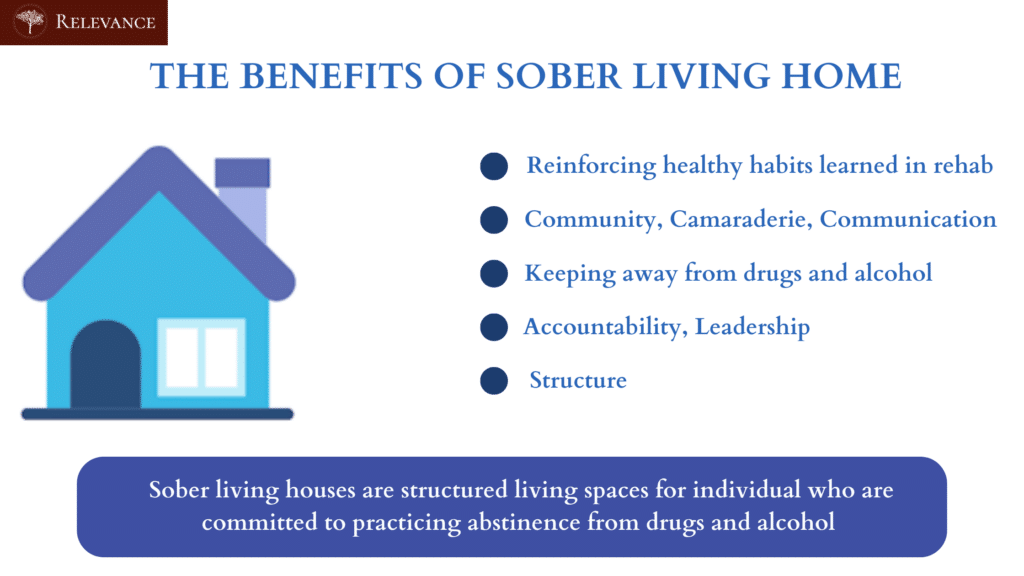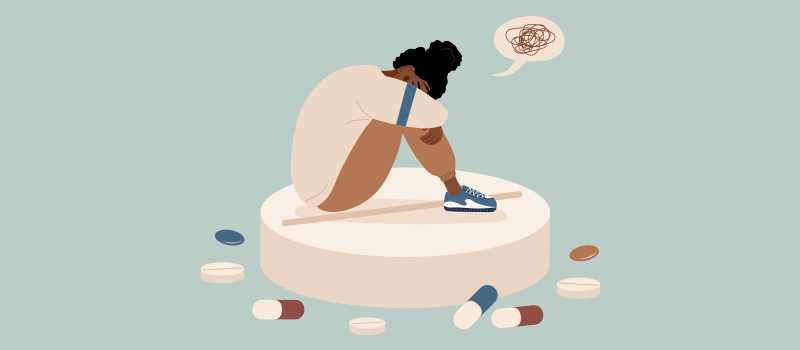Sober living homes are frequently mentioned and integrated as part of a comprehensive aftercare plan. As essential as sober living options and opportunities are to many, they are sometimes overlooked or disregarded due to misconceptions around how truly beneficial they can be.

What Are Sober Living Homes?
Sober living homes (sometimes called halfway houses) provide a vital bridge between addiction treatment and a successful, sober return to one’s family and community. Once completing treatment and returning home, you may find that you struggle with adjusting back to the routines of daily life. A sober living home offers an intermediary recovery option that allows you to work with others on the lessons you learned during treatment. The truth is, spending time at a sober living home between treatment and returning home could make the difference between relapse and continued sobriety, especially if you lack essential support structures at home.
Sober living homes in Monmouth County, NJ are an excellent means of alleviating any fears or concerns you may have about going from the more heavily monitored treatment and therapy environment and jumping right back into your daily life. If you are new to recovery, a sober living environment may be your only option for a safe, sober living scenario if “home” consists of too many powerful triggers.
Sober living homes are different from addiction treatment programs in many respects. At a sober living home, you are free to come and go as you please, much like outpatient addiction treatment programs. This allows you to slowly ease back into everyday life and resume your daily tasks and responsibilities while still having support. Although sober living homes are less restrictive than inpatient treatment, there are still rules that you are expected to follow, including curfews and attendance at group meetings. Please note that addiction treatment doesn’t happen in a sober living home.
How Does New Jersey Sober Living Help With Relapse Prevention?
There are countless benefits to staying in a sober living home in New Jersey. Some of the most prominent include the ability to attend 12 step programs (or similar group-oriented support programs), creating essential structure, accountability, and creating a sober fellowship. A primary part of remaining sober that many tend to forget is creating positive friendships with those who share the same goals. This reinforces your ongoing desire to abstain from drugs and alcohol and support others to do the same.
Isolation is a significant problem for many who are new to recovery. When you return directly home after addiction treatment, you may find that you lack the essential support structures to maintain your sobriety. You may find that friends or family either still use or do not understand the support you need to maintain sobriety. Consequently, many people new to recovery often isolate themselves from others, situations, or environments that could be triggering. While this may sound logical, it often leads to relapse. The support systems developed at a sober living home help you avoid isolation and provide an environment to support your recovery further.
Sober living homes help you slowly integrate into daily life routines while instilling healthy habits essential to relapse prevention. Programs at sober living homes can help you make amends with friends and family, find employment, locate safe housing, and adjust his sober living in an environment without the restrictions and controls found in addiction treatment programs.
Beat Addiction With the Help of Relevance Recovery’s Sober Living in New Jersey
As part of a carefully designed aftercare plan, the assistance you receive while staying in a sober living home will help you further identify triggers that may entice you to use once you return home. It can also help solidify healthy coping skills that you learned during treatment. The benefits of sober living homes are essential to many in recovery. The time you may spend at a sober living home in New Jersey varies but can often be for as long as you feel it necessary to ensure long-lasting sobriety and recovery. If you are in treatment, talk to your counselor and treatment team about ensuring sober living is part of your aftercare plan. If you are considering addiction treatment, contact Relevance Recovery, and speak to one of our caring admissions counselors today. Our unique and individual treatment programs can help you get back on the road to recovery and a substance-free life.









